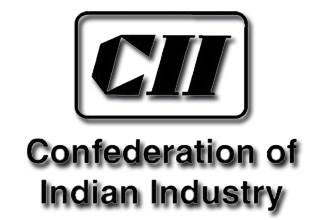If exemptions withdrawn then Corporate Tax Should be closer to 20%: CII
Updated: Oct 01, 2015 02:39:59pm

Director General of CII Chandrajit Banerjee, during a meeting with the Revenue Department on Tuesday, said corporate tax rate is around 34 per cent (including surcharge and education cess). The proposed corporate tax rate as stated by the Finance Minister is 25 per cent which will effectively mean around 29 per cent (inclusive of surcharge and education cess).
“With exemptions being proposed to be done away with, this would also obviate the need of MAT. Eventually, there should be a very simple Income Tax Act, which would be the biggest reform that can be brought about by the Government,” he said.
On GST, CII has pointed out that clause 18 in the Constitutional Amendment Bill, imposing an additional 1 per cent origin based tax, should be removed.
If at all additional 1 per cent has to be levied, its application should be limited to inter-state sale of goods only for a period of 2 years; Every effort should be made to include petroleum products, alcohol, tobacco, real property in GST to have a comprehensive base of all goods and services; Electricity duty levied by states and Entertainment tax levied by local bodies should be subsumed under GST and same applies for Octroi that is still levied in cities like Mumbai, it said.
According to CII, if constructed appropriately, GST makes the tax administration transparent and is revenue productive. Presuming that GST will occur sometime in 2016, industry feels that there are lack of clarity regarding the intricacies in its proposed structure, transitional arrangements, administration and procedures, and framework to contain inflationary ramifications.
In other countries, consultation on the actual proposals would have taken place in an open manner during this phase and there is no reason why this cannot be done in India, added the federation.
On the subject of black money, CII has suggested promotion of banking channels including use of credit and debit cards, since they leave adequate audit trails and hence dis-incentivise black money generation. It said that the government should also consider providing tax incentives for use of credit/debit cards.
On improving the dispute resolution mechanisms, the industry body said the Government should further expedite the approvals by introducing timelines for conclusion of the proceedings and suitable expanding the APA team.
There should be a mandatory time limit for passing the Authority for Advance Rulings (AAR) order, which could be 180 days from the end of the month in which the application is filed. The number of benches of the Settlement Commission should be increased to allow the Commission to do justice with the enhanced scope to cover reopened assessments, it said. (KNN Bureau)












